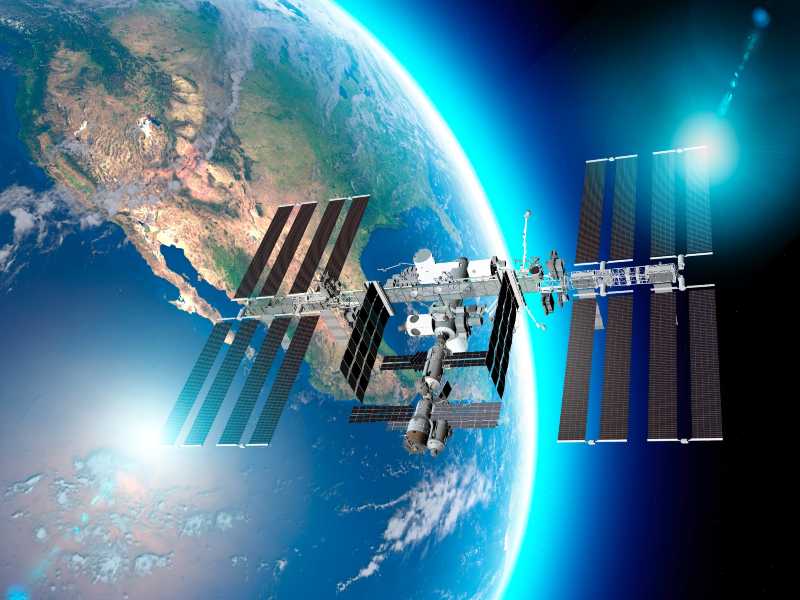
Energy production is one of the many contributors to climate change, but given the necessity for energy, there are more advancements required to make the process more sustainable – enter space-based energy.
This isn’t a new concept, but recent developments are making it much more accessible as an option – and it could be the answer to cleaning up the planet.
But what is space-based energy, and what does it mean for the future?
Here, with the help of Northern Powergrid, we tell you what you need to know.
What exactly is space-based energy?
Space-based energy is a way of sustainably sourcing energy thanks to technological advancements such as ultra-light solar cells.
Using solar panels, solar energy can be collected with reflectors and mirrors being installed in space. This then allows solar radiation to be directed onto panels, causing it to transmit onto Earth, resulting in space-based energy that is then converted into electricity.
Thus, energy can be generated in a clean, renewable way, regardless of the time of year or the weather for a more sustainable future.
With the ability of this process to source a huge amount of energy, it could potentially trump other energy sources in tackling the climate crisis.
What are the benefits of space-based energy?
There are many advantages, but one of the major benefits is that it involves electricity constantly being generated. A space-based power station can be powered by the sun throughout the day, thus being a much more effective way of converting energy to electricity than existing terrestrial solar power systems, which are time and weather dependent.
The global demand for energy is expected to grow by 47% before 2050, making sustainable sources absolutely crucial. The need for electric connection is here to stay, so it’s a major advantage that space-based energy can provide a cleaner solution to electricity. In fact, this way of sourcing electricity would generate 0% greenhouse emissions, so this can meet the demands of energy while simultaneously preventing damage to the planet.
Yet another benefit we could reap with space-based energy is lower land usage. With solar energy, while this is another sustainable way to provide electricity, there are some impacts on the environment. Altered sun exposure is just one of the effects of solar installations, as they cause some areas to be blocked from rainfall, which, in turn, affects the growth of plants. However, this is not an impact of space-based energy, thus making it a more reliable source of electricity.
What does the future look like for space-based energy?
There is still much more progress to be made across the globe, with the high cost of implementing sustainable solutions being one of the challenges. However, the future is hopeful for space-based energy, with several countries being in talks of investments.
In the UK, the government is in talks to build a space-based solar power station to achieve the goal of net zero by 2050. Net zero refers to the aim to balance out greenhouse gas emissions with those that are removed from the atmosphere, and this £16 billion ($20 billion) project has the potential to reach this.
On the other side of the world, China has already tested technology to align with its target of having a solar power plant in space by 2028. The technology would allow for a space-based solar power plant that could beam energy to the Earth, with outside energy experts and academics verifying the tests in June this year.
Over in the US, there are plans in place reflecting progress. In order to produce advanced technology for space-based solar power, Northrop Grumman has partnered with the US Air Force Research Laboratory, costing $100 million. As well as this, Northrop Grumman has partnered with Caltech to develop ‘The Space Solar Power Initiative’, another project to contribute to the progress of space-based energy through innovation.
Japan is yet another country making progress with space-based energy. By 2025, Japan Space Systems, based in Tokyo, aims to have developed a space solar power system that will collect energy from the sun and transmit it to Earth using a satellite. Therefore, it could be just a matter of time until we reach a cleaner future.
While there are many countries yet to contribute towards space-based energy solutions, plenty of progress and investments are already in place; and it may not be too long until this helps us reduce greenhouse gas emissions globally.